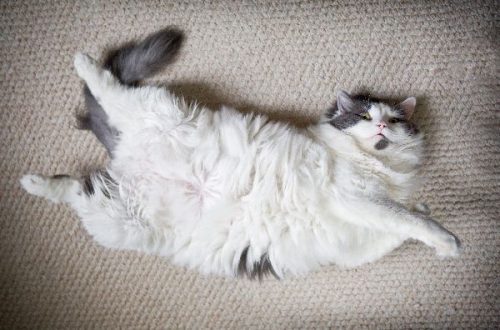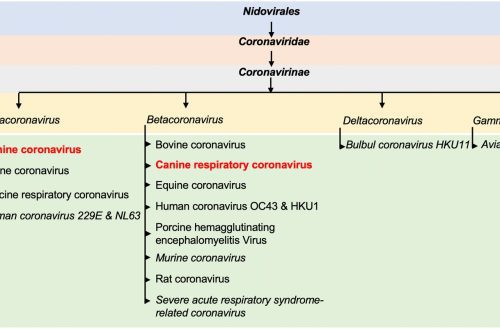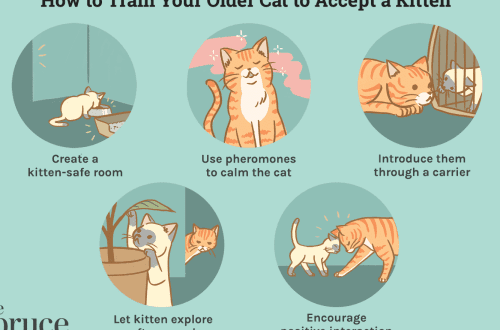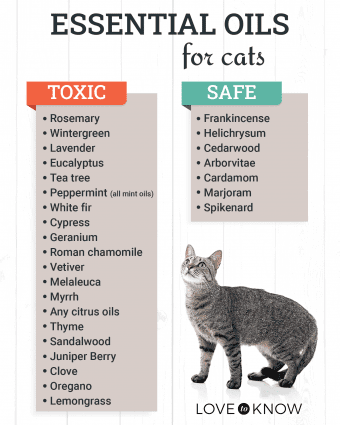
Are essential oils bad for cats?
Essential oils are on trend these days, being added to everything from cleaning products and personal care items to medicines. Are there essential oils designed specifically for cats, and how safe are they?
Contents
Essential oils: what is it
Essential oils are extracts of plants known for their aromatic and/or medicinal properties, such as rose or cananga.
They are commonly used in aromatherapy or for topical use, such as during a massage. “When inhaled, the aromatic molecules of essential oils move from the olfactory nerves directly to the brain and affect, in particular, the amygdala, which is the emotional center of the brain,” explains Harpreet Gujral, Program Director of Integrative Medicine at the Health division of the Johns Hopkins Medicine network. . The amygdala responds to olfactory stimuli. Does the smell of mint invigorate? This is aromatherapy.
Essential oils at home
With the rise of online stores and renewed interest in natural health products, essential oils are more accessible than ever. They are actively used in the composition of various household and cosmetic products, such as cleaning sprays, hand sanitizers, fragrances, laundry detergents and others.
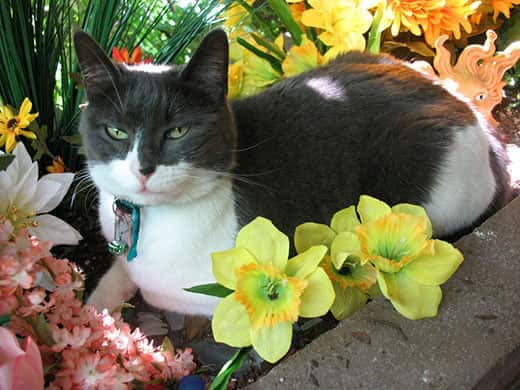 To create a safe home environment for cats, store essential oils out of the reach of pets.
To create a safe home environment for cats, store essential oils out of the reach of pets.
Dangerous essential oils for cats
Like some popular houseplants that are toxic to cats, a number of essential oils are dangerous for cats even in small amounts and especially in concentrated form. According to the Canadian Veterinary Medicine Association (CVMA), the following are considered harmful essential oils for cats:
- bergamot;
- cinnamon;
- cloves;
- eucalyptus;
- European pennyroyal;
- geranium;
- lavender;
- lemon, lime and orange;
- lemongrass;
- rose flower;
- rosemary;
- sandalwood;
- tea tree;
- thyme;
- wintergreen, peppermint, spearmint and spearmint;
- to Canaan.
In addition to essential oils, which are sold in their pure form, they are often found in other household products, such as paint thinners and insect repellants, which pose a high risk of death for cats, notes CVMA.
Special warning: tea tree oil is contraindicated for cats
Tea tree is extremely dangerous for cats because the toxin contained in tea tree oil is metabolized in the liver,” reports Tufts Now.
If dogs live in the house, you should discuss with your veterinarian the possibility of using tea tree oil to care for them. A cat may swallow tea tree oil while grooming a dog.
What essential oils are dangerous for cats
All of these can be toxic to a furry friend. As the ASPCA notes, “in concentrated form (100%), essential oils clearly pose a hazard to pets,” including when the oil comes in contact with the skin, coat, or paws.
However, there are a number of precautions you can take to use essential oils safely at home.
One way to avoid toxicity is to use aroma diffusers instead of concentrates. CatHealth.com recommends using the diffuser in large rooms and keeping your cat away from the diffuser and its cords.
It is important to remember that drops of oil can get on the cat’s coat and she will swallow them when washing herself. Cats love to climb high surfaces and tight spaces, so it’s always best to play it safe when storing essential oils.
When to See a Veterinarian
Symptoms of essential oil poisoning include difficulty breathing, coughing, shortness of breath, drooling, vomiting, tremors, lethargy and slow pulse, according to the Pet Poison Helpline.
Contact your veterinarian or emergency clinic immediately if you suspect your cat has ingested this product. In addition, you should immediately stop using any essential oil that causes her irritation or discomfort.
Before using essential oil products and diffusers in the home, it is a good idea to speak with a veterinarian to make sure that there are no threats to your furry friend’s health and safety.
See also:
- How to get rid of bad cat smell
- Cat yoga: how to do yoga with a cat?
- High Protein Food for Dogs and Cats



